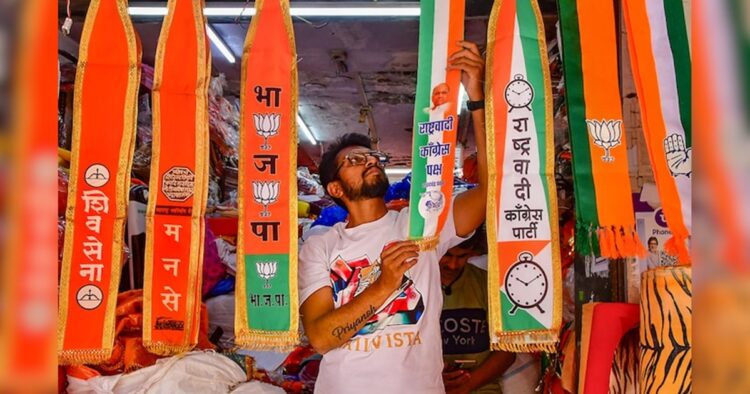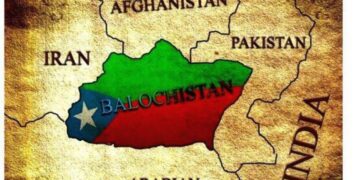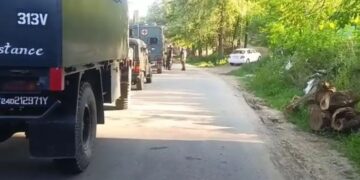The Election Commission has released crucial information regarding the upcoming third phase of the Lok Sabha elections, slated for May 7. Here’s a breakdown of the key points you should know:
Candidate Count: A total of 1,351 candidates will be contesting across 12 States and Union Territories in the third phase of the Lok Sabha elections 2024.
In the Betul (ST) parliamentary constituency of Madhya Pradesh, eight candidates will compete in an adjourned poll. In addition, one candidate from Surat, Gujarat, has been elected unopposed.
Nomination Details: The deadline for withdrawal of candidature for all 12 States/UTs was Monday. A total of 2,963 nominations were filed for 95 parliamentary constituencies (PCs) in phase 3.
Nomination Statistics: After scrutiny, 1,563 nominations were found to be valid.
Statewise Breakdown:
- Assam: 4 PCs, 126 nominations, 47 final candidates.
- Bihar: 5 PCs, 141 nominations, 54 final candidates.
- Chhattisgarh: 7 PCs, 319 nominations, 168 final candidates.
- Dadra & Nagar Haveli and Daman and Diu: 2 PCs, 28 nominations, 12 final candidates.
- Goa: 2 PCs, 33 nominations, 16 final candidates.
- Gujarat: 26 PCs, 658 nominations, 266 final candidates.
- Jammu & Kashmir: 1 PC, 28 nominations, 20 final candidates.
- Karnataka: 14 PCs, 503 nominations, 227 final candidates.
- Madhya Pradesh: 9 PCs, 236 nominations, 127 final candidates.
- Maharashtra: 11 PCs, 519 nominations, 258 final candidates.
- Uttar Pradesh: 10 PCs, 271 nominations, 100 final candidates.
- West Bengal: 4 PCs, 101 nominations, 57 final candidates.
Top Nomination Counts: Gujarat led with 658 nominations, followed by Maharashtra with 519.
Highest Nomination Constituencies: 40-Osmanabad in Maharashtra received the most nominations (77), followed by 5-Bilaspur in Chhattisgarh (68).
ALSO READ: “Lok Sabha Elections 2024: ECI Forms Heat Monitoring Task Force for Each Phase”
As the nation gears up for the third phase of the Lok Sabha elections 2024, these details provide a comprehensive overview of the candidates and constituencies involved in shaping Bharat’s democratic future.

















Comments